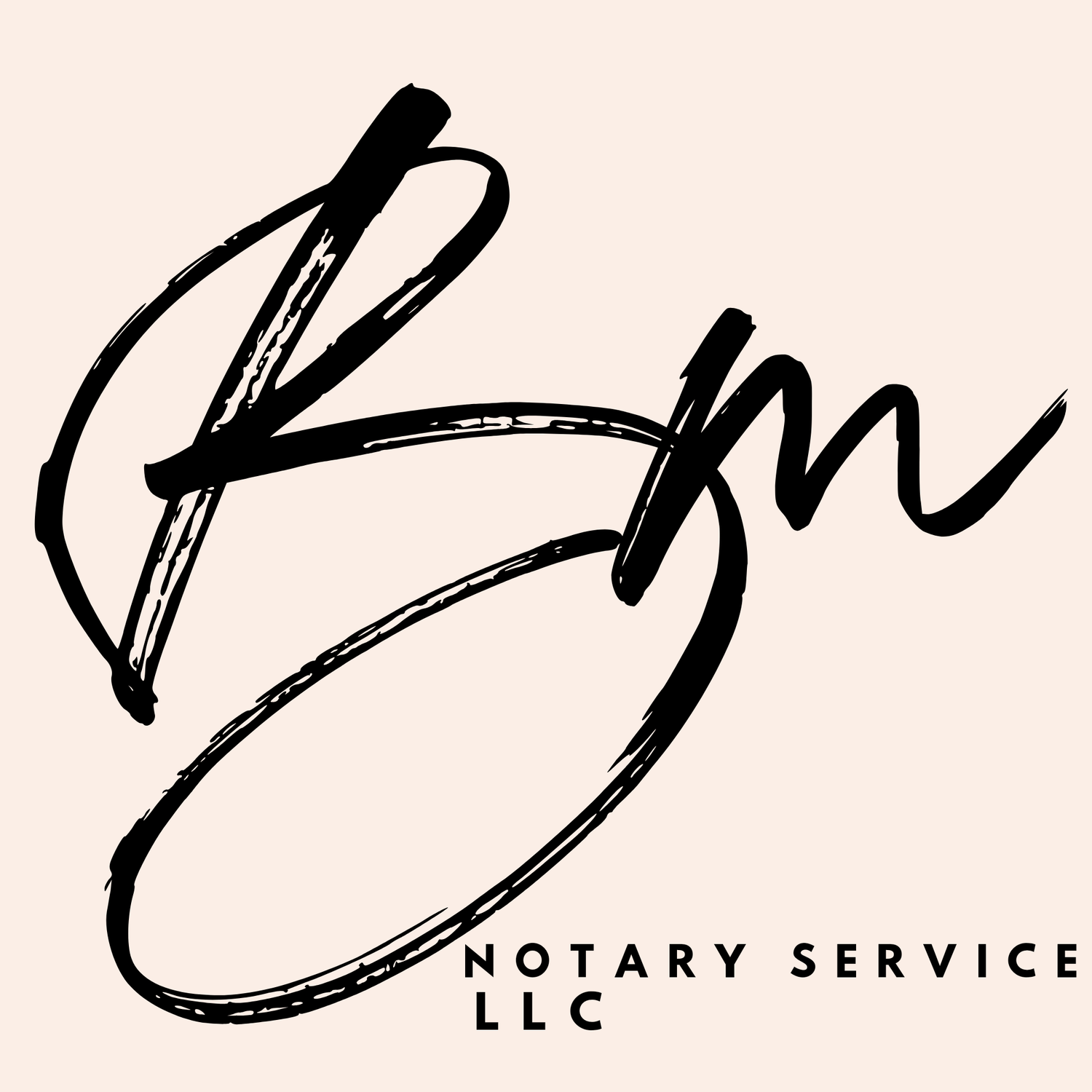Managing Deceased Estate Matters: Assistance Through Legal Proceedings
Managing Deceased Estate Matters: Assistance Through Legal Proceedings
Blog Article
Debunking Notarial Job: Simplifying the Function and Value of Notaries
In the detailed internet of legal paperwork and verification, notaries stand as columns of guarantee and authenticity. Their role, frequently shrouded in mystery for many, lugs significant weight in making sure the legitimacy and honesty of crucial files. As guardians of legitimacy and reality, notaries play a crucial component in our culture, yet their job is not constantly completely comprehended. By untangling the intricacies bordering notarial techniques and losing light on the importance of their acts, a clearer understanding emerges of the vital role notaries play in upholding the fabric of legal and lawful contracts.
The History of Notarial Work
The history of notarial job dates back to ancient human beings, where scribes played an important duty in taping essential details and authenticating files. This led to the growth of notaries, people designated by the state to act as objective witnesses in lawful matters.
Throughout the Middle Ages, notaries acquired importance in Europe, with their features increasing to include drafting lawful files, accrediting trademarks, and maintaining records. The rise of worldwide profession better emphasized the significance of notarial operate in validating agreements and arrangements across borders.
In the modern era, notaries remain to play an important function in legal and service purchases by validating identities, confirming the authenticity of files, and stopping scams. Their function in accrediting the credibility of arrangements includes a layer of protection and trust fund to the ever-evolving landscape of business and regulation.

Obligations and Duties of Notaries
The historic development of notarial work from ancient civilizations to the contemporary age has formed the distinct tasks and duties that notaries maintain in lawful and business deals today. Notaries play an important duty in validating the credibility of papers and the identification of signatories. Among their primary obligations is to witness the finalizing of essential documents, such as wills, agreements, and deeds, to make certain that all celebrations are participating in agreements purposefully and voluntarily. Notaries also validate that notaries are of audio mind and not under pressure or threat.
Furthermore, notaries are charged with carrying out oaths and affirmations, which are vital in legal proceedings and the execution of affidavits. They certify duplicates of initial records, giving assurance to institutions that the copies hold true reproductions of the originals. Notaries must maintain accurate records of all transactions they manage to make certain openness and accountability. Overall, the responsibilities and obligations of notaries are important in securing the integrity and validity of various files and transactions.
Notarial Certificates and Signatures
Exemplifying meticulous attention to detail, notarial certifications and trademarks work as crucial elements in validating the authenticity of lawful papers. Notarial certificates usually include important info such as the day of registration, the names of the signatories, a summary of the record, and the notary's official seal. These certificates give a clear document of the notarial act, making sure that the file can be easily recognized and traced back to the notary that managed the process.
Trademarks play an essential role in notarial job, as they signify the arrangement and approval of the parties included. Notaries meticulously witness the finalizing of documents to validate the identity of the signatures and confirm that they are authorizing informative post of their own cost-free will. By attaching their official seal and trademark to the document, notaries accredit that the necessary treatments have been adhered to which the record is enforceable and legitimate.
In essence, notarial certifications and signatures are the trademark of credibility in legal purchases, offering guarantee to all events involved that the papers are legitimate and binding.
Relevance of Notarial Acts
Registration Refine Clarified
Explaining the notarization process offers clarity on the necessary actions associated with confirming lawful papers. The registration process usually begins with the individual presenting the document to a notary public. The notary then verifies the endorser's identification via appropriate identification methods. Once the identification is validated, the notary makes certain that the private signing the file does so willingly and without any threat.

Conclusion
Notarial certificates usually contain critical info such as the day of registration, the names of the signatories, a summary of the record, and the notary's official seal. These certificates supply a clear record of the notarial act, making certain that the paper can be easily determined and traced back to the notary that supervised the process.
By fastening their main seal and signature to the file, notaries certify that the essential procedures have been complied with and that the file is valid and enforceable.
By verifying the identity of the signatories, confirming their desire to get in right into the arrangement, and accrediting the day and place of the finalizing, notaries play an important role in supporting the validity of legal documents.After the document is authorized, the notary will attach their official seal or stamp onto the file.
Report this page